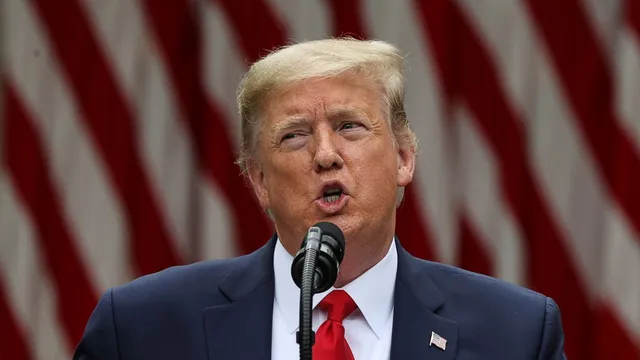- By Priyanka Koul
- Tue, 21 Jan 2025 12:22 PM (IST)
- Source:JND
Trump 2.0: US President Donald Trump has announced a major policy change that ends the work-from-home provision for all federal employees. The move, part of his first actions after taking office for his second term, requires federal workers to return to the office full-time. This decision aligns with Trump's campaign promises and comes shortly after his inauguration on January 20.
After assuming office for the second time, President Trump signed an executive order eliminating the option for remote work, which was initially introduced during the COVID-19 pandemic. The remote work policy continued even after the pandemic, as many employees enjoyed the flexibility. However, Trump has made it clear that he wants federal workers back in the office, aiming to strengthen government operations and productivity.
Throughout his campaign, Trump had repeatedly pledged to end remote work, a policy many of his supporters, including Elon Musk, had criticized. Trump’s order mandates that all government departments and agencies bring employees back to their offices. However, department heads are allowed to make exceptions where necessary. The White House issued a statement clarifying that the transition back to in-person work should happen as soon as possible, with some flexibility for agency leaders to adjust based on their needs.
Also Read: Why Vivek Ramaswamy Stepped Down From DOGE After Donald Trump Took Office?
In addition to ending remote work, President Trump signed another executive order that reduces protections for federal employees. This move, part of his broader plan to overhaul the federal bureaucracy, allows for the replacement of civil servants with individuals who align more closely with Trump’s political agenda. The National Treasury Employees Union, which represents federal workers, has already taken legal action to challenge this order.
Trump's decision is a part of his broader effort to reshape how the federal government operates, with a focus on increasing accountability and promoting policies that reflect his administration's goals. While the changes are being met with some resistance, they mark a significant shift in how federal employees will work in the coming years.

